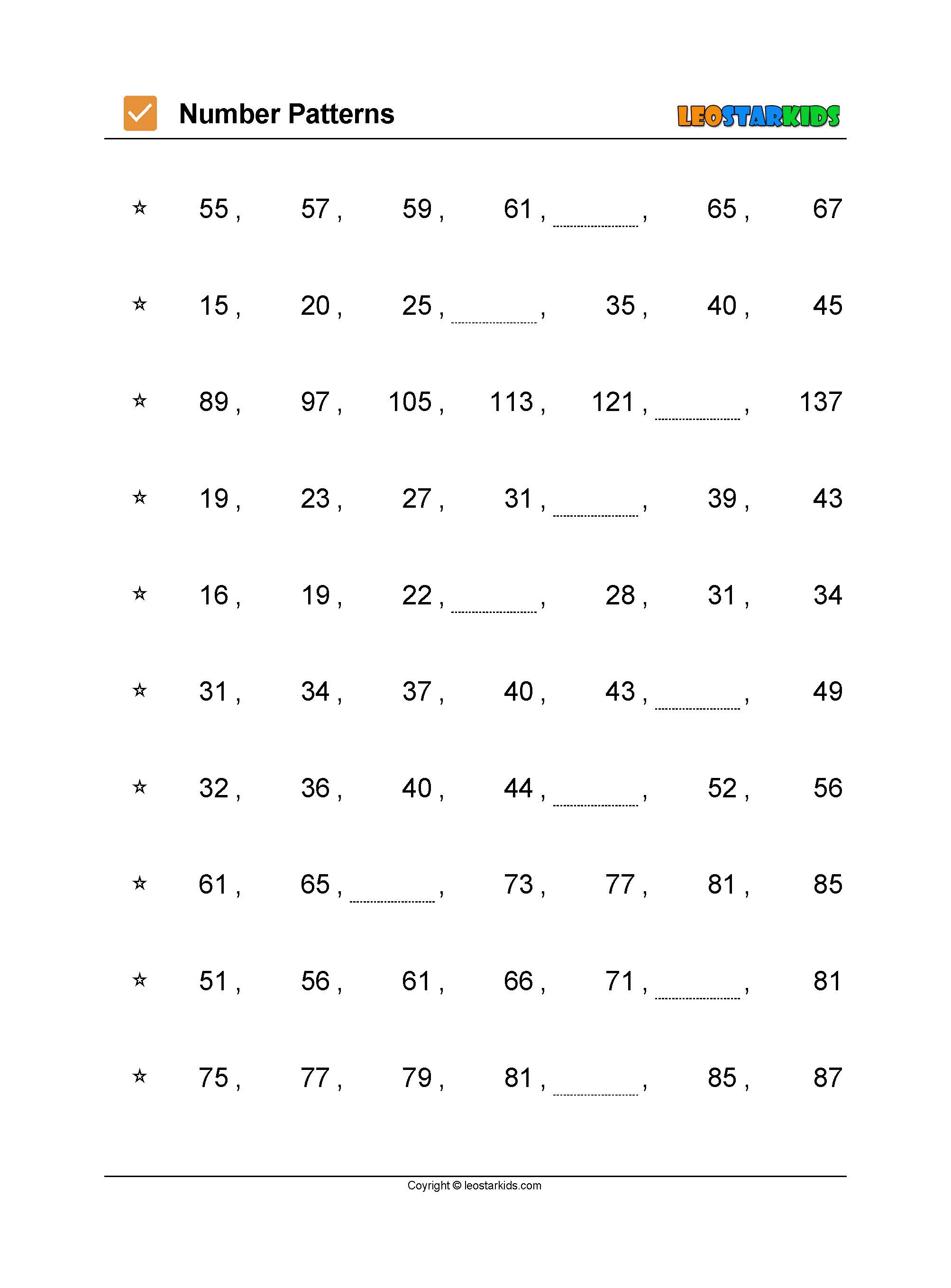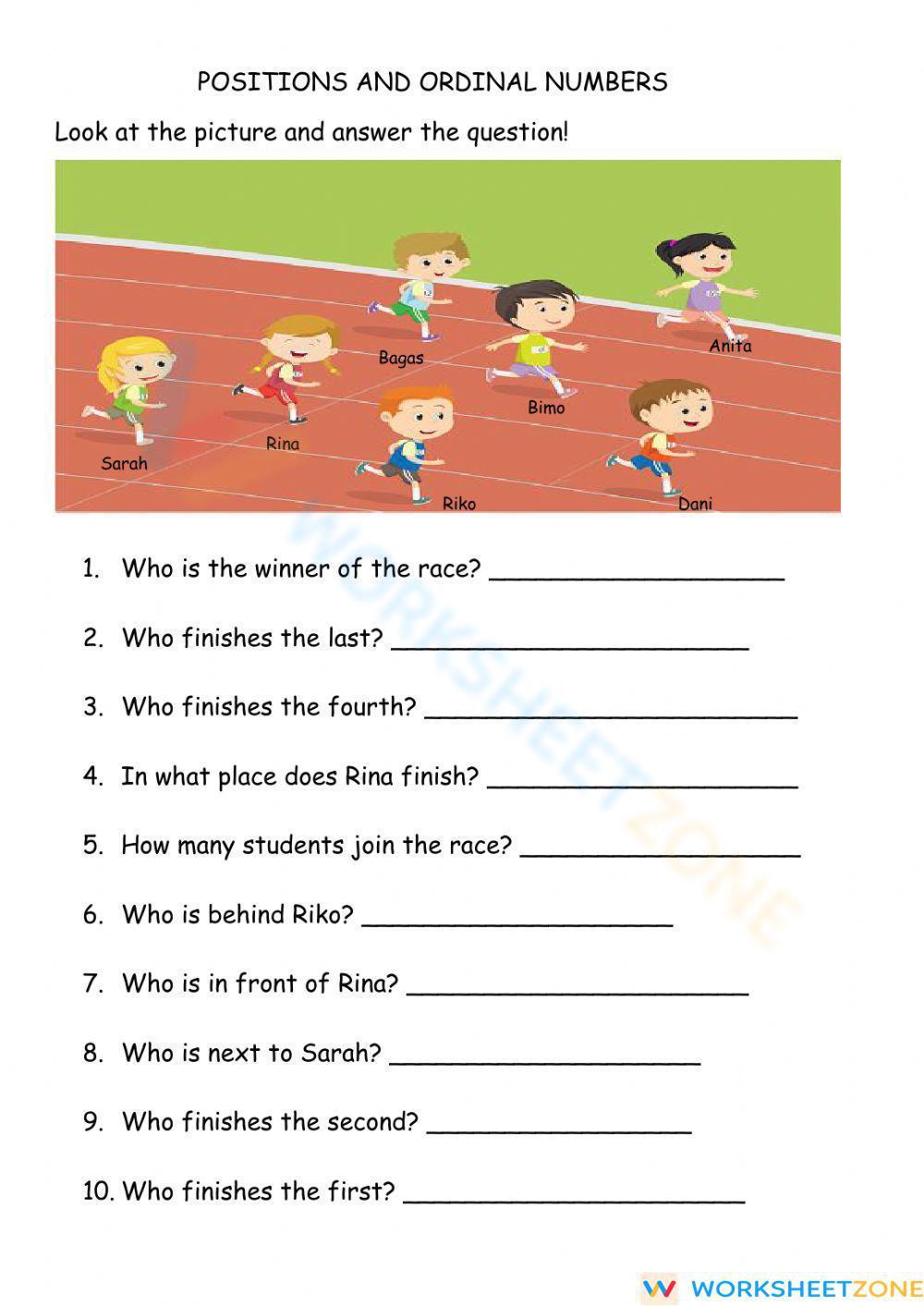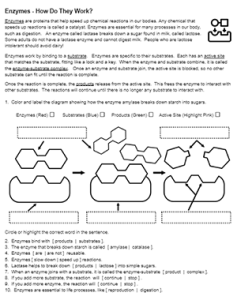Effective Anger Management Worksheet for Emotional Control
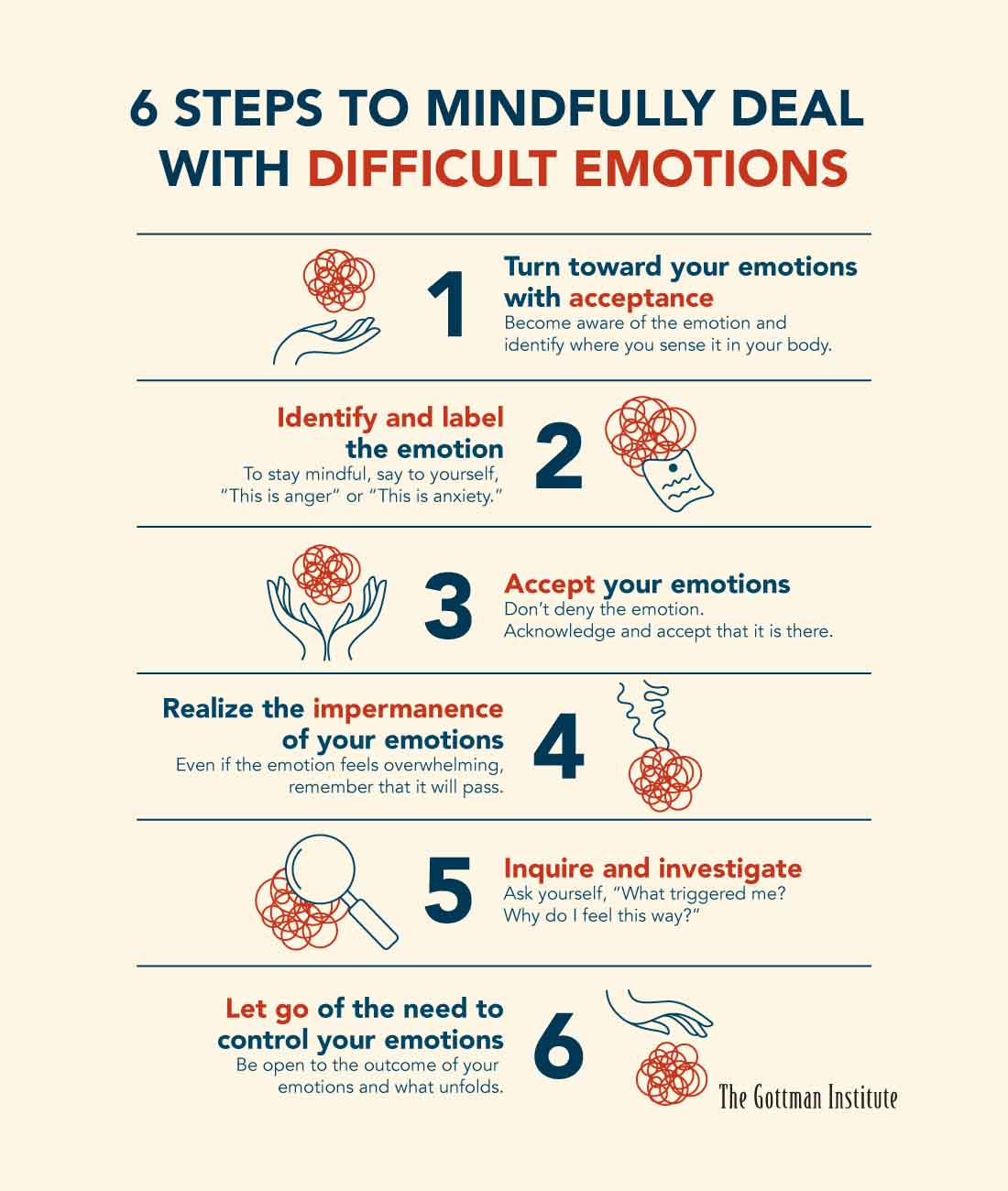
Understanding Anger and Its Impact on Daily Life
Anger is a natural human emotion that can arise in response to various situations. While it’s essential to acknowledge and express anger in a healthy manner, uncontrolled anger can lead to negative consequences in personal and professional relationships, overall well-being, and even physical health. This worksheet is designed to help individuals identify triggers, understand the effects of anger, and develop effective strategies for managing anger.
Identifying Anger Triggers
Understanding what triggers anger is crucial for developing an effective management plan. Take a moment to reflect on the situations, people, or events that make you feel angry. Consider the following:
- Personal triggers: Do you feel angry when someone criticizes you or your work?
- Situational triggers: Are you more prone to anger in certain situations, such as heavy traffic or long lines?
- Emotional triggers: Do you feel angry when you’re tired, hungry, or stressed?
📝 Note: Be honest with yourself when identifying triggers. This will help you develop a more effective management plan.
Assessing Anger Intensity
Assessing the intensity of your anger can help you understand how it affects your behavior and relationships. Use the following scale to rate your anger intensity:
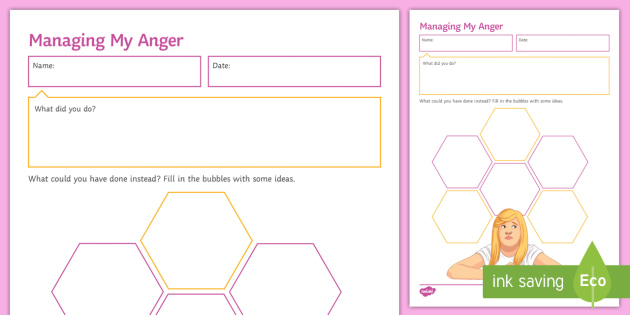
| Intensity Level | Description |
|---|---|
| 1-2 | Mildly annoyed or frustrated |
| 3-4 | Noticeably angry, but able to manage emotions |
| 5-6 | Intensely angry, with difficulty managing emotions |
| 7-8 | Extremely angry, with loss of control and potential harm to self or others |
| 9-10 | Severe anger, with complete loss of control and potential for harm |
Developing Effective Anger Management Strategies
Once you’ve identified your triggers and assessed your anger intensity, it’s essential to develop strategies for managing anger. Consider the following techniques:
- Deep breathing exercises: Take slow, deep breaths to calm your mind and body.
- Physical activity: Engage in regular exercise to reduce stress and anxiety.
- Mindfulness meditation: Practice mindfulness techniques to increase self-awareness and emotional regulation.
- Grounding techniques: Focus on your five senses to ground yourself in the present moment.
Creating an Anger Management Plan
Developing a personalized anger management plan can help you stay in control of your emotions. Consider the following steps:
- Identify triggers: Write down the situations, people, or events that trigger your anger.
- Assess intensity: Rate your anger intensity using the scale above.
- Choose strategies: Select the techniques that work best for you.
- Practice regularly: Regularly practice your chosen strategies to develop emotional regulation.
📝 Note: Review and revise your plan regularly to ensure it remains effective.
Seeking Support
Managing anger is a process that takes time, effort, and support. Consider the following resources:
- Therapy: Consult with a mental health professional for personalized guidance and support.
- Support groups: Join a support group to connect with others who are managing anger.
- Online resources: Utilize online resources, such as articles and videos, to learn more about anger management.
Seeking support is a sign of strength, not weakness. Don’t be afraid to reach out for help when you need it.
Putting It All Together
Effective anger management requires a comprehensive approach that includes identifying triggers, assessing intensity, developing strategies, creating a plan, and seeking support. By following these steps, you can develop the emotional control necessary to manage anger and improve your overall well-being.
What are some common anger triggers?
+Common anger triggers include personal criticism, situational stressors, and emotional overwhelm. Identifying your specific triggers is essential for developing an effective management plan.
How can I manage anger in the moment?
+Techniques like deep breathing, physical activity, and mindfulness meditation can help manage anger in the moment. It’s essential to practice these strategies regularly to develop emotional regulation.
What are some resources for anger management?
+Resources for anger management include therapy, support groups, and online resources. Seeking support is a sign of strength, not weakness.
